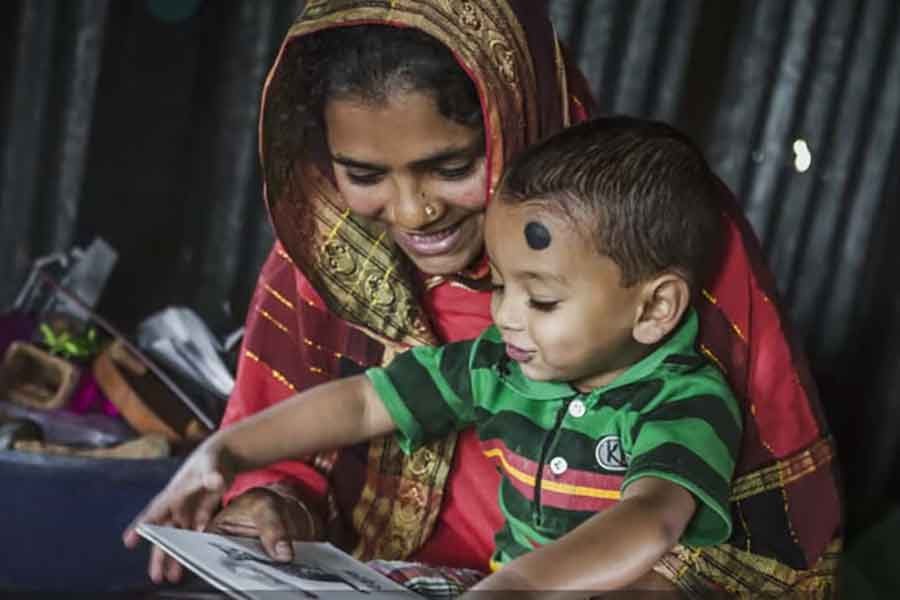
Published :
Updated :

From birth to six years, children learn the most and at the highest rate that they will in their entire lives.
In their infancy their waking hours are spent learning through all their senses: looking, listening, touching, smelling, and putting things in their mouth. It is in this manner that they become familiar with and make sense of their environment. They are like sponges, soaking up information and understanding the form and function of their surroundings.
These early days are the ideal opportunities to provide materials and activities that engage their senses and capture their curiosity. Exploring things freely and independently, albeit safely, is what forms the basis of becoming a lifelong learner. Children develop a sense of confidence towards trying new experiences, without fear or being concerned about 'getting it right'. They persevere until they master a skill and this attitude to life opens up the world as a place of infinite wonder all worth exploring.
Young children strive to be like the grown-ups around them, being able to feed, dress, wash themselves and be helpful in everyday life. Involving them in simple household chores contributes towards their building a self-image of being valued and productive members of their group. Their confidence in their ability to try things, persevere, and be helpful is key to all future learning. Given these simple experiences at home, children are ready for Preschool or an Early Years program.
It is natural for children to experience anxiety as they move from a familiar home environment to an unfamiliar school environment. Early Years programs provide the steps necessary for children to make this transition smoothly. Children's anxieties about separation from parents are addressed with care and patience to develop trusting relationships at school. With trust secured the children feel safe and ready to learn the routines of school life as a part of a bigger group.
The Primary Years Programme (PYP) is part of the International Baccalaureate curriculum that is designed for children from 3+ to 11+ years of age. The PYP furthermore recognizes and provides for the specific needs of learners in the Early Years. The program focuses on laying the foundation for lifelong learning by providing a safe and engaging environment; recognizing play as a powerful path to learning; creating relationships that are caring and supportive of children's exploration and expression, and supporting children's curiosity with the continuous provision of meaningful opportunities to deepen children's learning.
The writer is Early Years Teacher, International School Dhaka.
minnat.khan@isdbd.org


 For all latest news, follow The Financial Express Google News channel.
For all latest news, follow The Financial Express Google News channel.